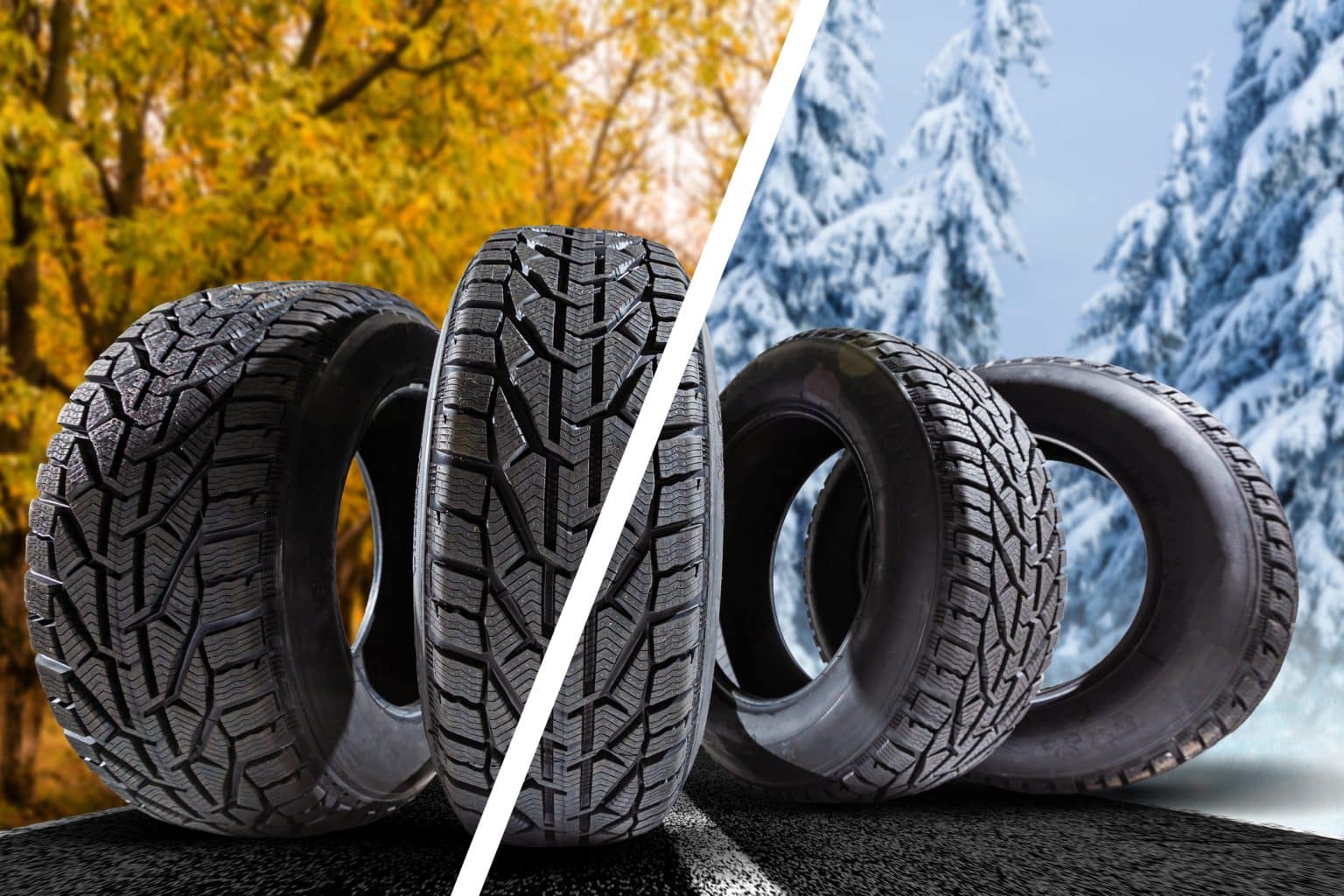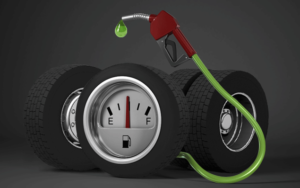Your tyres are the only point of contact between your vehicle and the road, making tyre safety crucial for a safe driving experience, regardless of the season. Proper tyre maintenance not only enhances your vehicle’s performance but also significantly improves safety.
Here are some essential tyre safety tips to keep in mind throughout the year.
a) Regular Tyre Pressure Checks
Maintaining the correct tyre pressure is paramount for optimal performance and safety. Underinflated or overinflated tyres can lead to poor handling, reduced fuel efficiency, and increased tyre wear. Check your tyre pressure at least once a month using a reliable gauge and inflate them to the recommended level specified in your vehicle’s owner’s manual. Remember, tyre pressure should be checked when the tyres are cold.
b) Tread Depth Matters
Adequate tyre tread depth is essential for maintaining traction, especially during wet and slippery conditions. The legal minimum tread depth is 1.6mm in most countries, but it’s advisable to replace your tyres when the tread depth reaches 3mm for better grip. Use a tread depth gauge or the “penny test” to measure the depth. Insert a penny into the tread groove with Lincoln’s head upside down. If you can see the top of his head, it’s time for new tyres.
c) Visual Inspections
Regularly inspect your tyres for signs of damage such as cuts, bulges, punctures, or uneven wear. Look for embedded objects like nails or stones and remove them carefully. Any significant damage should be evaluated by a professional.
d) Tyre Rotation
Rotating your tyres helps ensure even wear and prolongs their lifespan. Follow the recommended rotation pattern specified in your vehicle’s owner’s manual. Typically, tyres should be rotated every 5,000 to 8,000 miles.
e) Wheel Alignment
Proper wheel alignment is crucial for even tyre wear and optimal handling. If your vehicle pulls to one side, the steering wheel vibrates, or you notice uneven tyre wear, it may indicate a need for wheel alignment.
f) Tyre Storage
If you need to store spare tyres, keep them in a cool, dry place away from direct sunlight and heat sources. Avoid storing tyres flat as it can damage their structure.
Seasonal Tyre Considerations
While all-season tyres are designed to perform adequately in various weather conditions, specialized tyres like winter tyres or summer performance tyres can offer enhanced grip and safety in specific conditions. Consider using these tyres if you frequently encounter extreme weather.
a) Tyre Load Capacity
Ensure your tyres are rated to handle your vehicle’s weight and load capacity. Overloading your tyres can lead to premature wear, blowouts, and compromised handling.
b) Tyre Age
Tyres have a lifespan, even if they appear to have sufficient tread depth. Check the manufacturing date, usually located on the sidewall, and replace tyres that are older than six years, regardless of their condition.
c) Professional Tyre Care
Regular tyre maintenance is essential for safety and longevity. Consider visiting a professional tyre shop for periodic inspections, balancing, and alignment checks.
By following these tyre safety tips, you can significantly improve your vehicle’s performance, extend the life of your tyres, and most importantly, enhance your safety on the road. Remember, well-maintained tyres are crucial for a comfortable and secure driving experience in all seasons.




